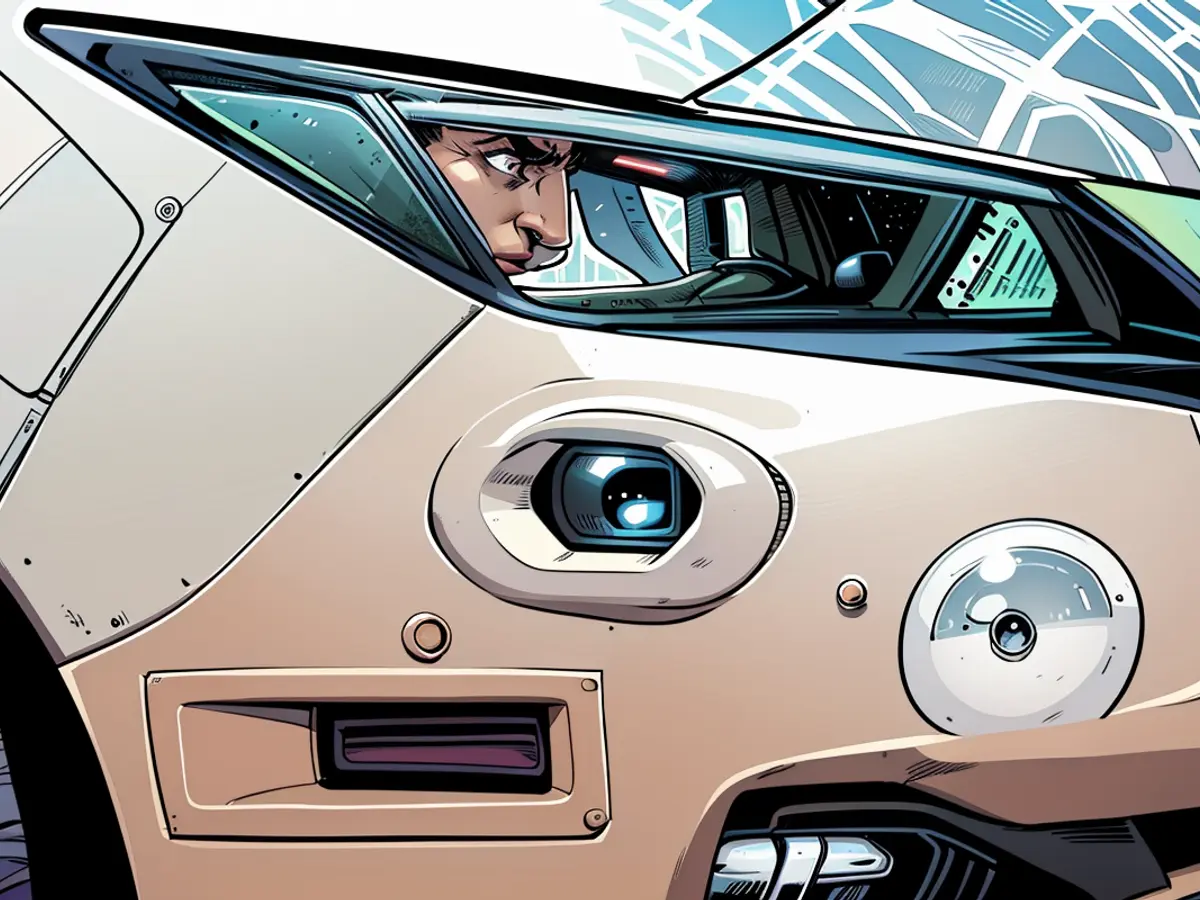Settlement in court - Electric car charged for too long: Man lost his job over 40 cents
The relationship between the young man and his employer, a youth hostel, must have been broken beforehand. There is hardly any other explanation for the 27-year-old losing his job for charging his electric car. But that's exactly what happened - because the hotel specialist had charged his hybrid car at a 220-volt socket in the corridor of a seminar wing, using 40 cents worth of electricity, his employer dismissed him without notice. He went to court.
In theory, the company was in the right: in Germany, it is indeed possible to receive a warning for the private use of company power outlets, for example to charge smartphones. If this results in a significant loss of trust in the eyes of the employer, it can even lead to termination without notice. However, insisting on these very strict rules is probably unrealistic in most companies.
Dispute over company sockets
In the case before the Düsseldorf Regional Labor Court, however, the plaintiff's employer insisted that there was no tolerance for such things in his company and that it was even against the house rules. However, the court quickly put paid to this argument, as house rules are intended for the guests, not the employees.
For the court, the entire case was an individual decision. During the proceedings, the plaintiff explained that it was quite common for employees at his former company to charge devices they had brought with them, such as e-bikes or electric scooters, on site. He also claimed that the deputy boss had expressly allowed him to do so - which she then denied.
Overall, the judges saw no basis for further cooperation and advised the parties to reach a settlement. This is how it turned out: the former receptionist received a severance payment and a good reference, but will not be returning to the company. This was not his intention, as he now has another job.
Source: Düsseldorf Regional Labor Court, dpa
Read also:
In the similar scenario, if an employee in Germany uses a company's 220-volt socket to charge their electric car, leading to a dispute, the employer's strict stance might be challenged in court, just like in Duisburg.
Germany, being known for its environmental consciousness, could see an increase in electric car usage among its workforce, potentially leading to more cases similar to the one in Duisburg, involving private use of company power outlets.
Source: www.stern.de








